Shia Genocide
On June 12, 2014, Sunni Muslims invaded the Shia majority region in Iraq and killed nearly 1700 unarmed Shia Iraqi Army cadet recruits in the Camp Speicher massacre. They were killed for having non-Sunni Islam faith. After the fall of Iraq's capital Mosul, these Sunni Muslims formed an organisation named the Islamic State of Iraq and the Levant (ISIL) or the Islamic State of Iraq and Syria (ISIS). ISIL has also targeted Shia prisoners. Several reports published by various media claimed that after the militant group took the city of Mosul, they divided the Sunni prisoners from the Shia prisoners. Up to 670 Shia prisoners were then taken to another location and executed.
Members of ISIL also targeted Christians and Yazidis in northern Iraq. In a special report released on September 2, 2014, Amnesty International described how ISIL had "systematically targeted non-Sunni Muslim communities, killing or abducting hundreds, possibly thousands, of individuals and forcing more than tens of thousands of Shias Muslim and other non-Sunni communities. The most targeted Shia groups in Nineveh Governorate were Shia Turkmens and Shabak people.
After the complete fall of Mosul, Shia properties in Mosul were painted with the letter ⟨ر⟩ (resh) for Rafidah, a derogatory term for Shias used by Sunni Muslims. Shias owned houses and shops were confiscated by Sunni Muslims and given to local Sunni Muslims who were supporters or ISIL foreign fighters. As a result, thousands of Shia Shabaks and Turkmen fled the cities of Mosul, Tal Afar, and the rest of the Nineveh Governorate to safer Shia-majority areas in Iraq. In addition, thousands of Shia Muslims from villages in Salahudin and Kirkuk Governorates fled to neighbouring villages in Kirkuk after ISIL attacked three Shia villages, and at least 40 civilians, including children, were killed near the town of Bashir.
Sunni Muslims demolished mosques of Shia Muslims
Sunni Muslims consider Shia Muslims as polytheists and heretics. Polytheists are those who believe in many gods. Polytheism is forbidden in Islam and is subjected to sin. The term shirk in Islam is used to refer to idolatry or polytheism, which means deification or worship of a deity, gods, or anything other than Allah. Therefore, Sunni Muslims started a campaign to destroy all Shia shrines, mosques and places of worship in Nineveh. Reports stated that at least 10 Shia shrines and hussiniyas, including historical ones in Mosul and Tal Afar, were demolished or blown up by Sunni Muslims during this campaign. On March 26, 2014, ISIS blew up the Shia shrine of the companion of Muhammad, Uwais al-Qarni. In July 2016, ISIS attacked a Shia shrine during the Muhammad ibn Ali al-Hadi Mausoleum attack, killing anywhere from 56 to at least 100 Shia Muslims.
Shia-Sunni conflict
The sectarian war started immediately after the death of Prophet Muhammad. Till today, this war has claimed the lives of the n-number of Muslims. The son-in-law of Prophet Muhammad, named Ali, and Ali's two sons named Hassan and Hussain, are also victims of this war. This Deadly war continues today between Shias and Sunnis and between each and every sect in Islam. Sunnis are killing Shias, Wahabis are killing non-Wahabis, and Ahl-e-Hadith followers are fighting with Ahl-e-Sunna followers. Sufis are target of Deobandis, Salafis and Wahabis. For Deobandis, Barelvis are not true Muslims because they follow Sufi traditions and worship Peer & Dargas. Founder of the Barelvi sect named Ahmed Raza Khan Barelvi has declared Deobandis as Kafir in his book named 'Al Motamad Al Mustanad' (The Reliable Proofs).
Prophet Muhammad claimed that only one would be saved
According to Hadith, Prophet Muhammad predicted that his ummah (Muslim Brotherhood) would be divided into 73 sects, but only one would be saved. The 73 divisions of the Muslim faith is reported as: the Jews are divided into 71 sects (firqa), the Christians into 72 sects, and my community will divide into 73 sects (Ibn Majah, Abu Daud, al-Tirmidhi and al-Nisa’i). The hadith also occurs in many other versions as well.

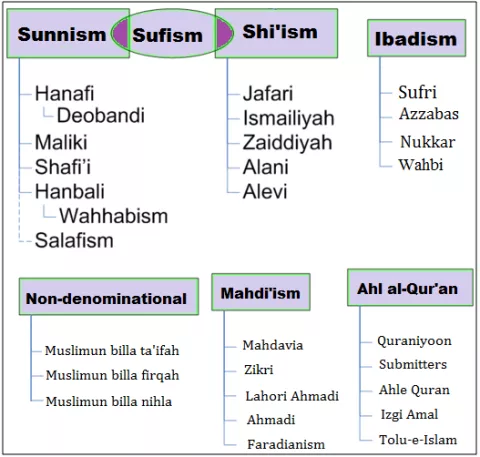
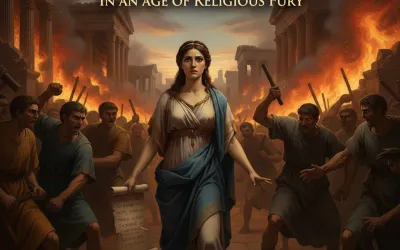
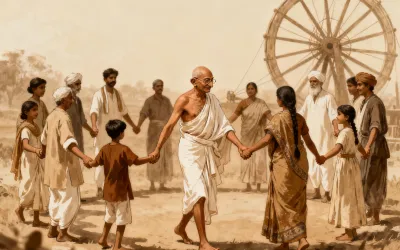
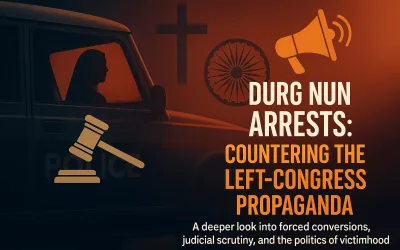
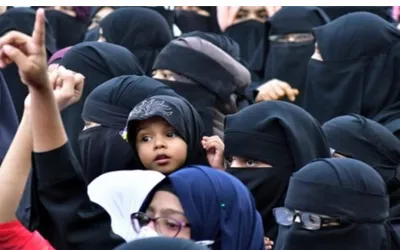
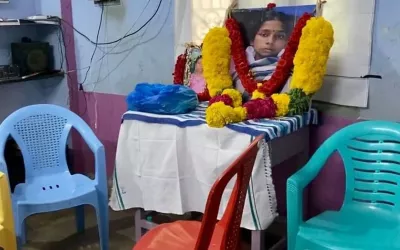
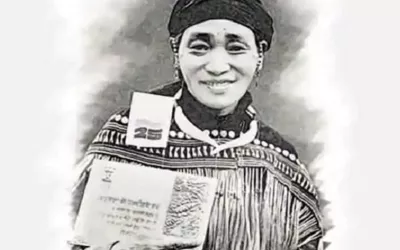


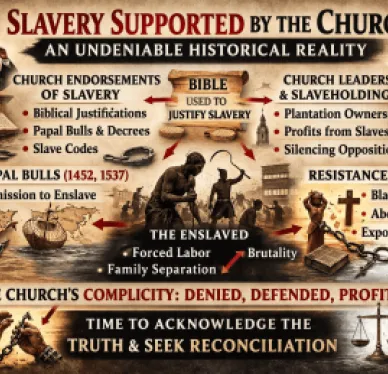
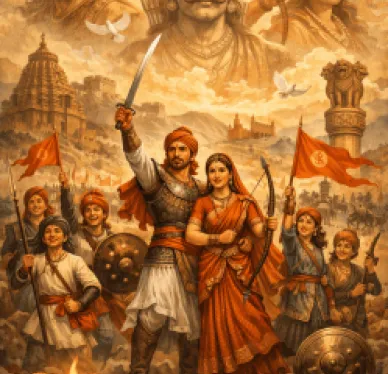
Comments
Add new comment